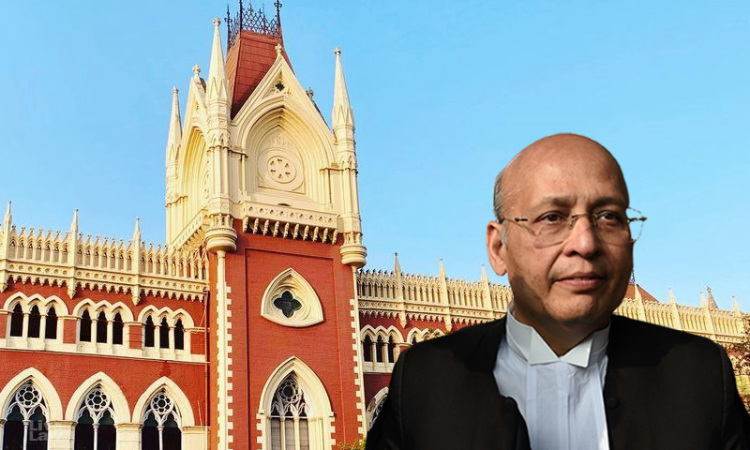Narada Case : 'Question Is Whether Protests Had Any Impact On Judicial Administration', Singhvi Argues For TMC Leaders In Calcutta HC
Akshita Saxena
7 Jun 2021 5:21 PM IST

Next Story
7 Jun 2021 5:21 PM IST
The Calcutta High Court on Thursday continued its hearing in the Narada case, in which the CBI has sought to transfer the trial and to declare that the hearing in the trial court on May 17 - which led to bail being granted to four TMC leaders - was vitiated on account of mob pressure. A 5-Judge Bench comprising of Acting Chief Justice Rajesh Bindal, and Justices IP Mukherjee,...
